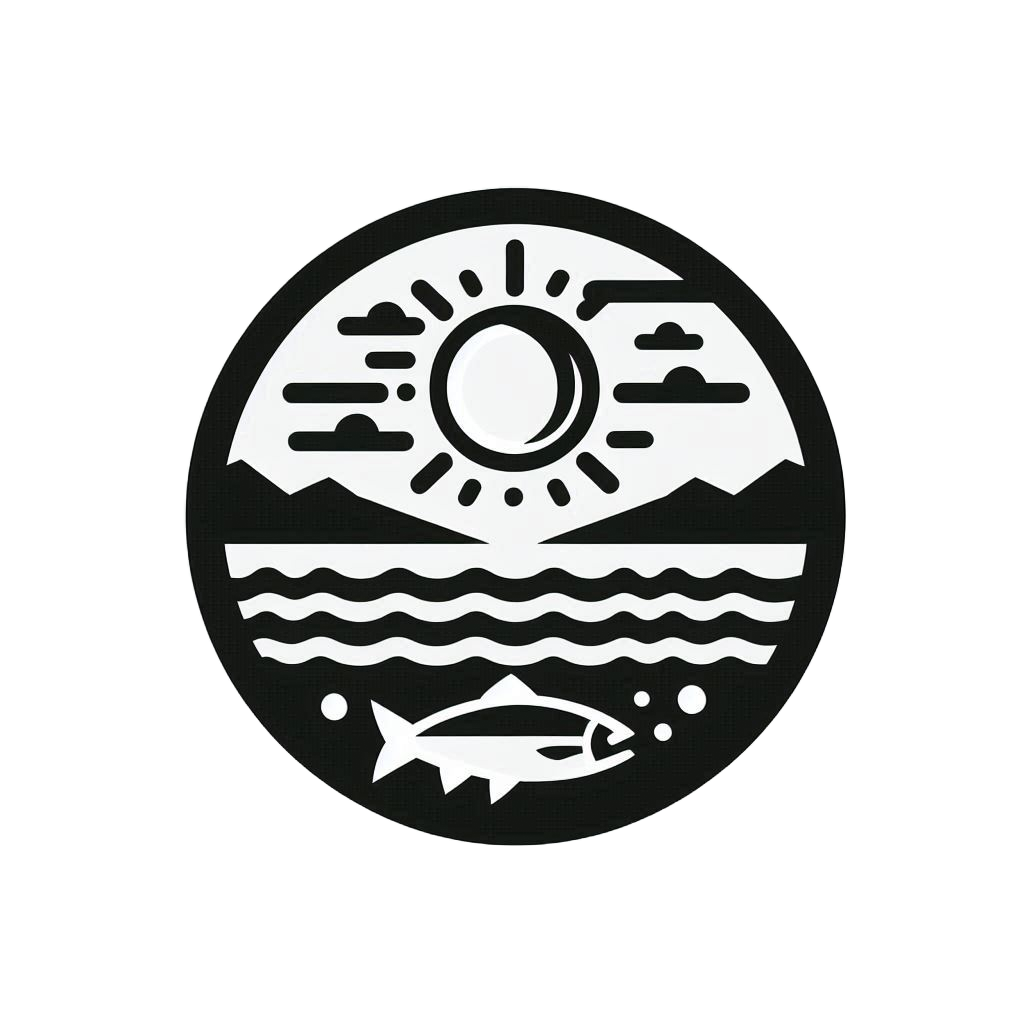Changing, Ecosystems, and Fisheries Initiative (CEFI)#
The Challenge#
Long term change is significantly impacting the nation’s valuable marine and Great Lakes ecosystems, fisheries and the many people, communities, and economies that depend upon them. Warming oceans, rising seas, melting sea ice and increasing acidification are affecting ecosystem structure and the distribution and abundance of marine species in many regions.
These changes affect many parts of NOAA’s mission, from fisheries management and aquaculture to conservation of protected resources and habitats. The impacts are expected to increase and there is much at risk. In the U.S., for example, marine ecosystems annually contribute over $210 billion and 1.7 million jobs from fisheries and provide a range of other vital services including recreation and protection from coastal storms and erosion.
To safeguard fisheries and other resources in the face of rapidly changing oceans, resource managers and stakeholders urgently need better information on what’s changing, who’s at risk and how to increase resilience. NOAA currently must develop the ocean modeling and decision support system needed to produce, deliver and use information to sustain marine resources and resource-dependent communities in a changing Earth System.
NOAA’s Response#
The Changing, Ecosystems, and Fisheries Initiative (CEFI - pronounced as “seh-fee”) is a cross-NOAA effort to build the nation-wide, operational ocean modeling and decision support system needed to reduce impacts, increase resilience and help marine resources and resource users adapt to changing ocean conditions. The end-to-end system will provide decision makers with the actionable information and capacity they need to prepare for and respond to changing conditions today, next year and for decades to come.
